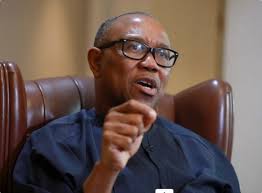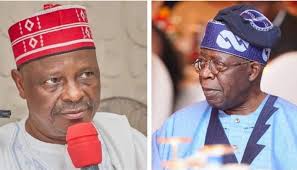
South Koreans go to polls for a new president
According to Kang Joo-hyun, a professor of political science at Sookmyung Women's University, "the election is mainly perceived as a referendum on the former administration," she told AFP.
Other setbacks for the conservative alliance include Kim's inability to establish a coalition with Lee Jun-seok, the nominee of the Reform Party, which has sparked worries about a split right-wing vote.
After Park Geun-hye was ousted in 2017, Yoon's impeachment was the second time in less than ten years that a conservative president had been removed from office.
The nation's perception of conservative leadership has been seriously harmed by the string of scandals.
It is difficult to claim that conservative politics and capable governance are still linked, according to Kang Won-taek, a professor of political science at Seoul National University.
Unlike conventional elections that allow for a transition period, the victor of this snap vote will assume office immediately when the National Election Commission certifies the results. Many South Koreans think the vote would provide stability after months of interim leadership.
The 65-year-old retired teacher Jung Se-yoon called the election a pivotal occasion in liberal-leaning Gwangju. "If we lose this opportunity, it will take far too long for the nation to recover," she stated.
Political analysts are keeping an eye on the margin of victory as well as the anticipated high voter turnout. "Whether Lee receives more than half of the vote will be the main issue, not whether he wins," stated Bae Kang-hoon, co-founder of the political think tank Valid. “If he does, it would give him a significant boost in momentum to govern as president.”
South Korean presidents serve a single five-year term. The outcome of today’s vote is expected to shape the country’s destiny following one of the most volatile periods in its democratic history.After months of political turmoil following former President Yoon Suk Yeol's contentious declaration of martial law and subsequent impeachment, South Koreans started casting their ballots in a snap presidential election on Tuesday, according to AFP.
A limited number of senior citizens lined up early to cast their ballots in Seoul's Munrae-dong neighborhood, where polling places opened at 6:00 a.m. local time.
Yu Bun-dol, 80, told AFP, "We were the first to arrive with the hope our candidate is elected, and since the presidential election is the most important." She also stated that she was supporting the conservative candidate of the People Power Party.
According to the National Election Commission, millions of people have already cast ballots during last week's two-day early voting period, with over one-third of all registered voters taking part.
Many people interpret the election as a referendum on the conservative government of Yoon, who was impeached for sending troops to parliament, a decision that was heavily criticized.
The conservative People Power Party is in turmoil as a result of his downfall, with observers pointing to growing disenchantment among moderates and even core supporters.
The Democratic Party's liberal candidate Lee Jae-myung is leading the race and has a sizable lead in the majority of opinion polls.
According to a recent Gallup poll, Lee is supported by 49% of respondents, while conservative candidate Kim Moon-soo is supported by 35%. In the National Assembly, Lee's party already has a majority.
Voters' main concern, according to analysts, is the aftermath of martial law, which has essentially left South Korea without a leader for the first few months of US President Donald Trump's second term.





